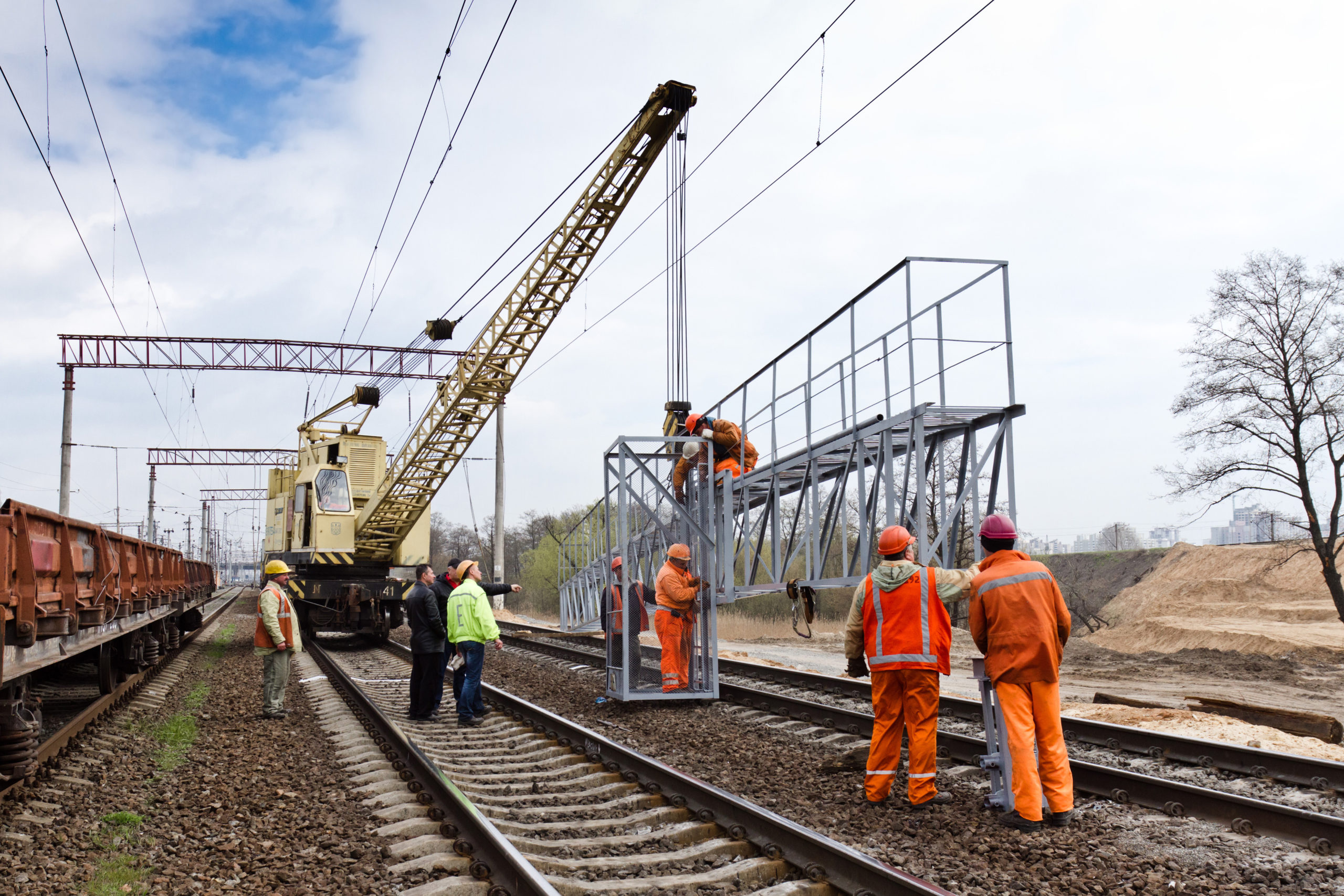
The need for rail freight is increasing
[vc_row][vc_column][vc_column_text]
The use of rail freight continues to increase
Although during the pandemic passenger rail services were greatly reduced, the need for goods to be moved around the country continued, if not increased, due to the demand for food and hygiene goods. And it's not only tangible goods that rely on rail services; GB Railfreight, the UK’s third-largest rail freight operator, delivers biomass to Drax Power Station in Yorkshire, which generates six percent of the country’s electricity needs.
Rail freight is set to play a larger role in the movement of goods in the UK. The total volume of rail freight moved has risen by three per cent year-on-year showing a steady increase. Network Rail has predicted that rail freight could grow by around 30% by 2035 if sufficient capacity were made available.
Rail freight has the advantage of being able to efficiently move very large volumes of goods in a safe and reliable way. With each train able to move between 40 and 70 equivalent lorry loads of goods, throughout the pandemic rail freight has demonstrated the important role it plays in ensuring supplies can be maintained if the number of available staff across the road freight sector is impacted due to illness or the need to isolate.
![]()
This opens up opportunities for rail contractors, as there will be an increased demand for work to be carried out on rail lines, whether that's new lines to be laid or maintenance and upgrades. As demand increases, so will workload, meaning more contractors will be needed, health and safety policies will need to be reviewed and more plant may be required.
To make sure your insurance policy is ready and adequate, should disaster strike, speak to us for a full review of your exposures.
For friendly professional advice CLICK HERE to visit our main page and find out more.
Have any questions? please don't hesitate to contact one of our team
Stuart.belbin@ascendbrokingold.co.uk | Office: 01245 449067

[/vc_column_text][/vc_column][/vc_row]





